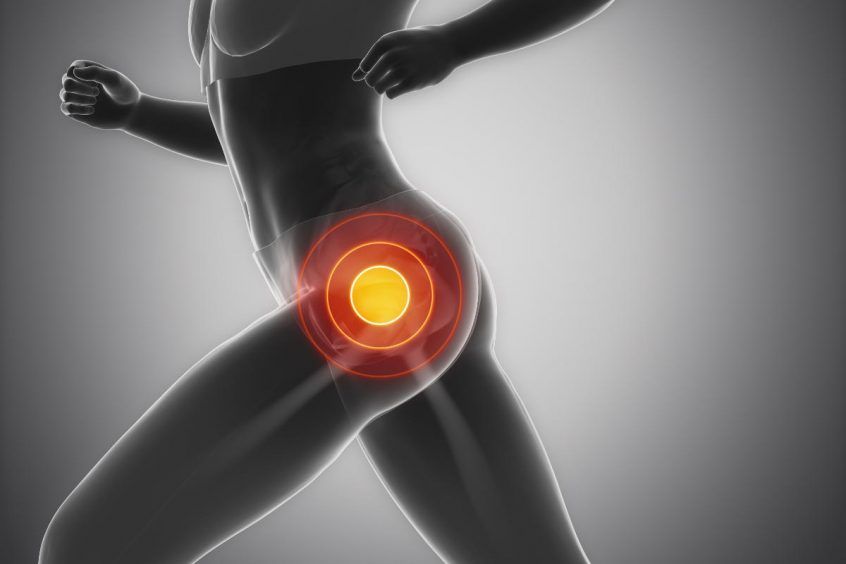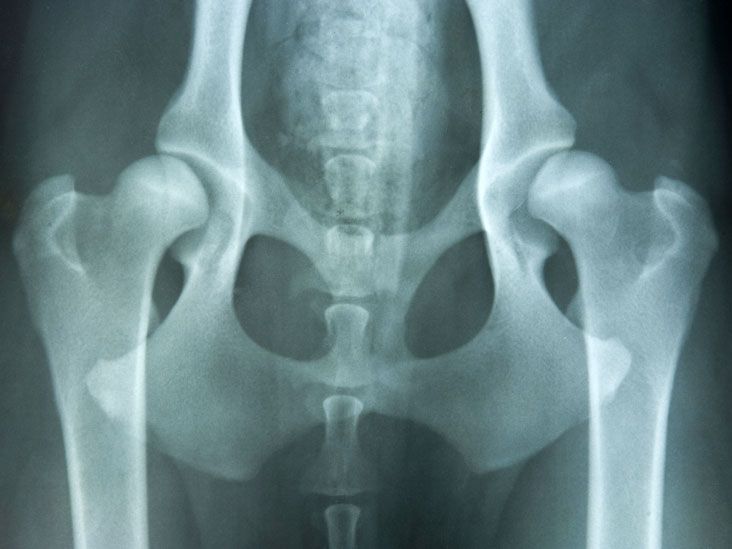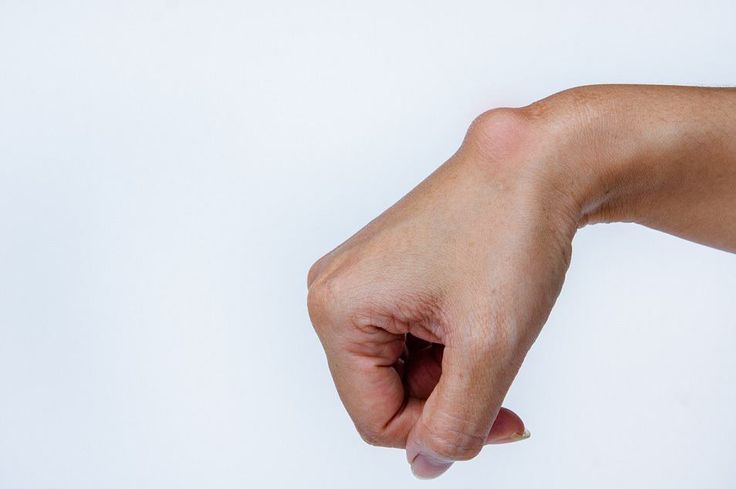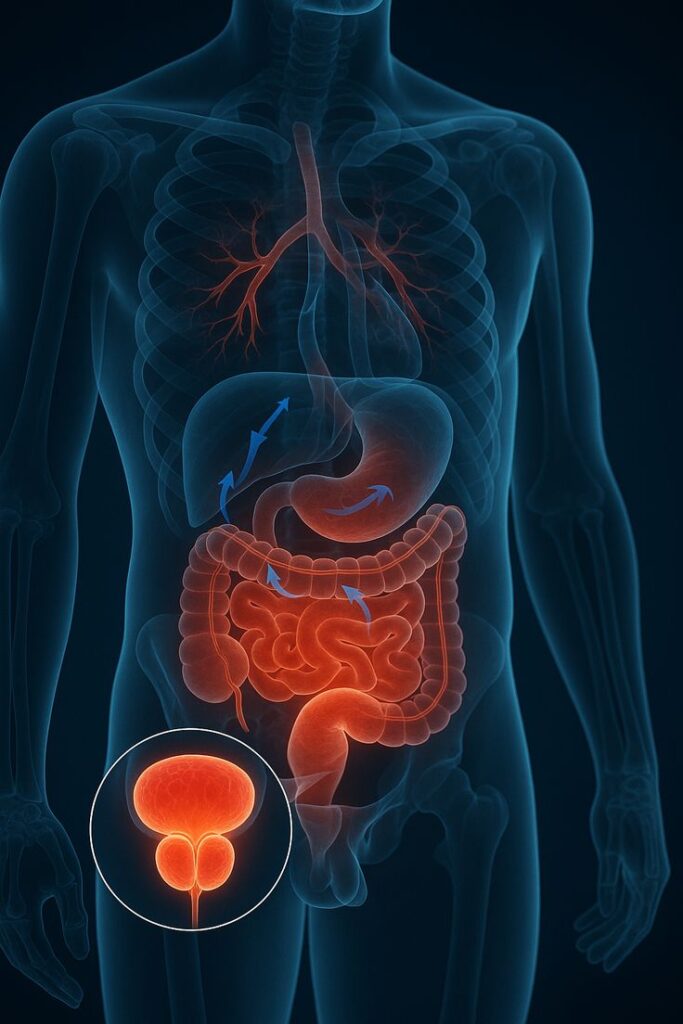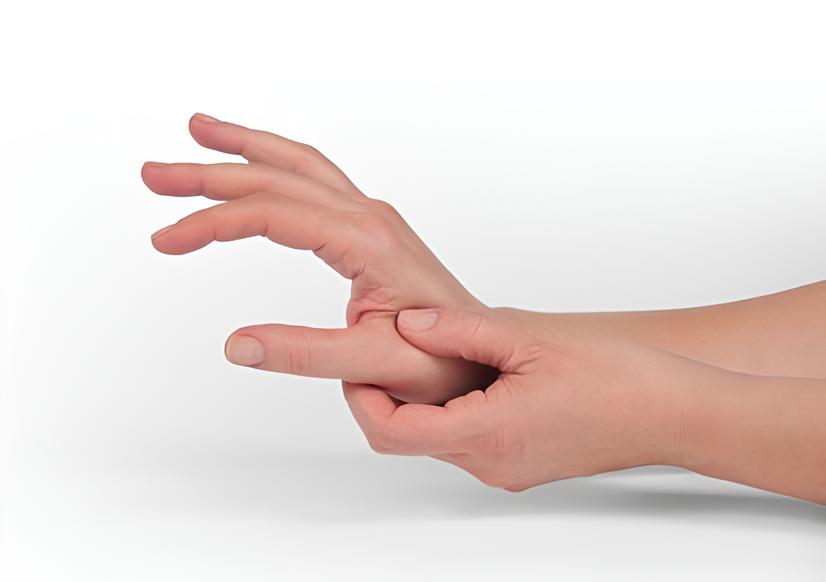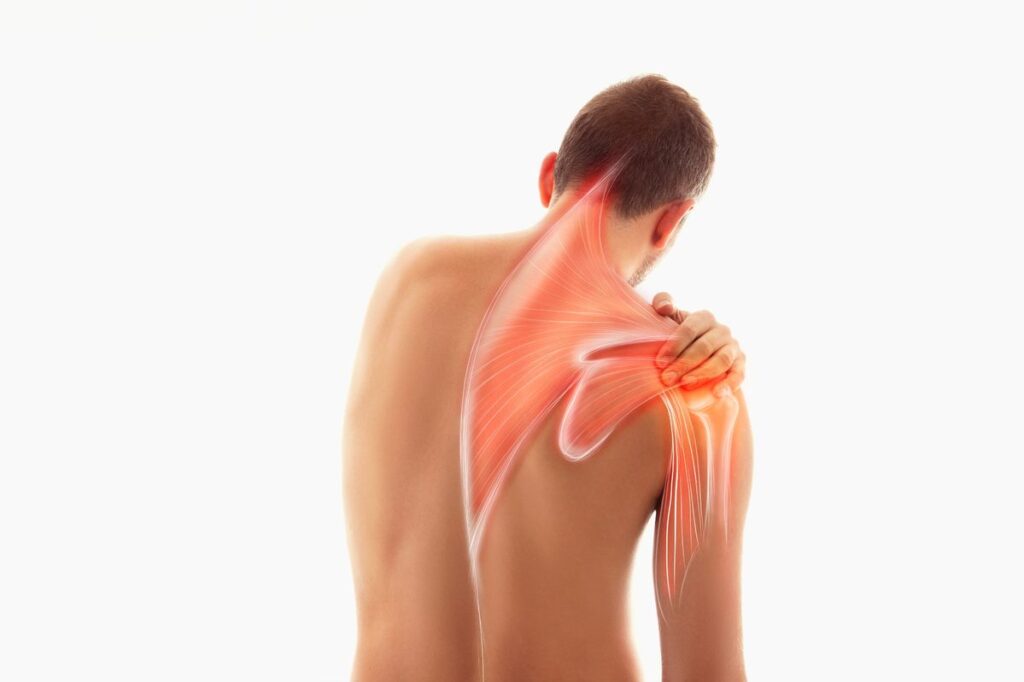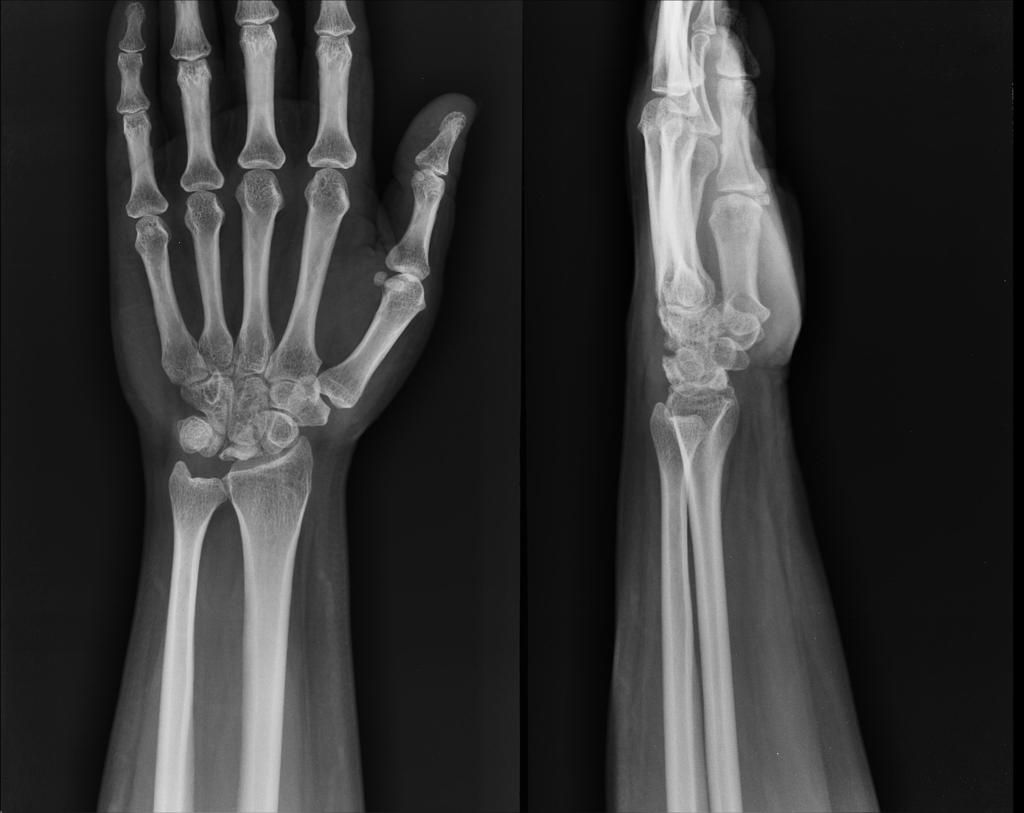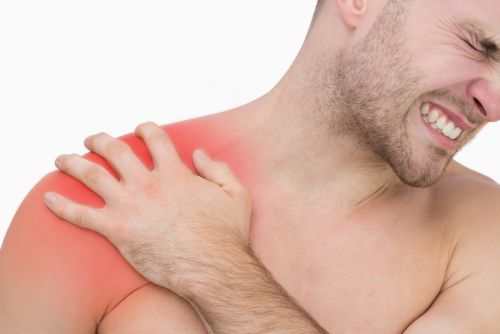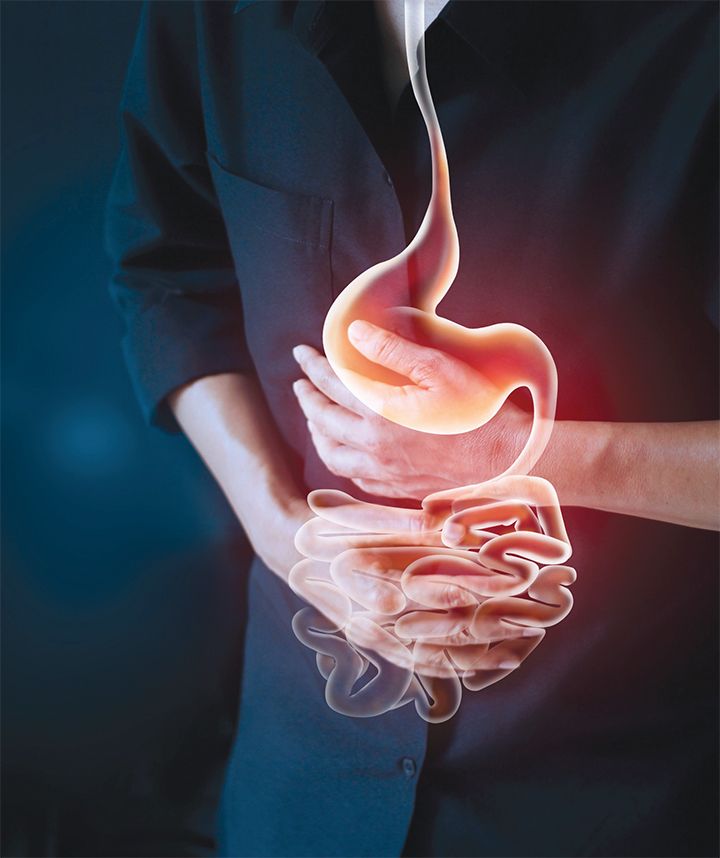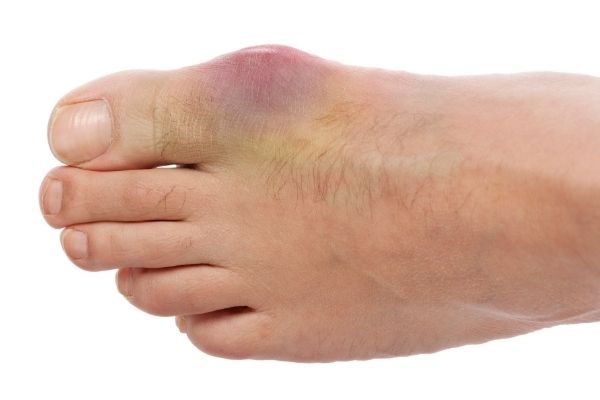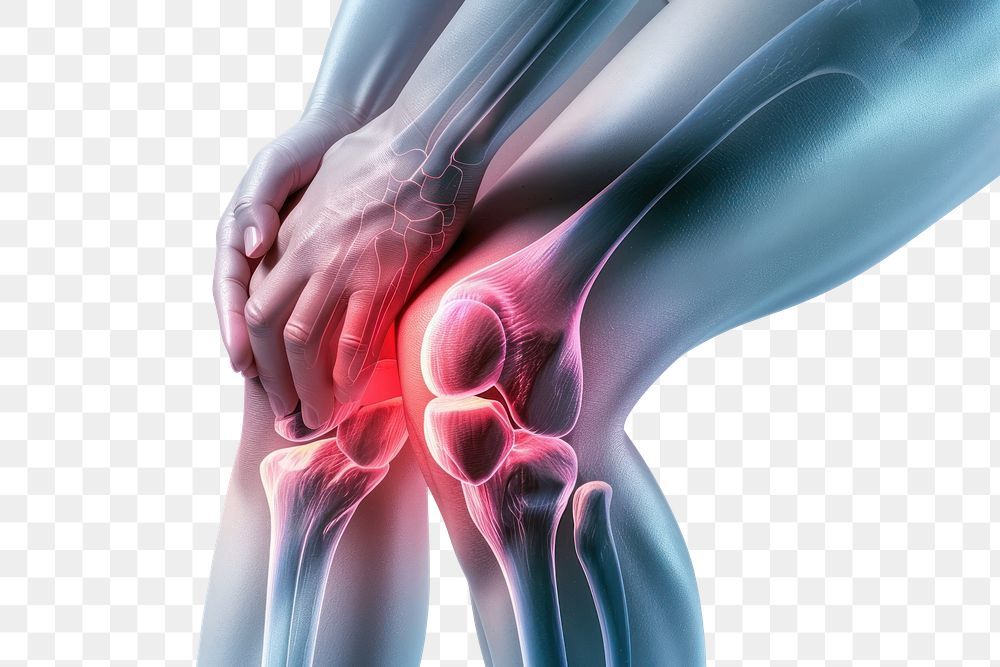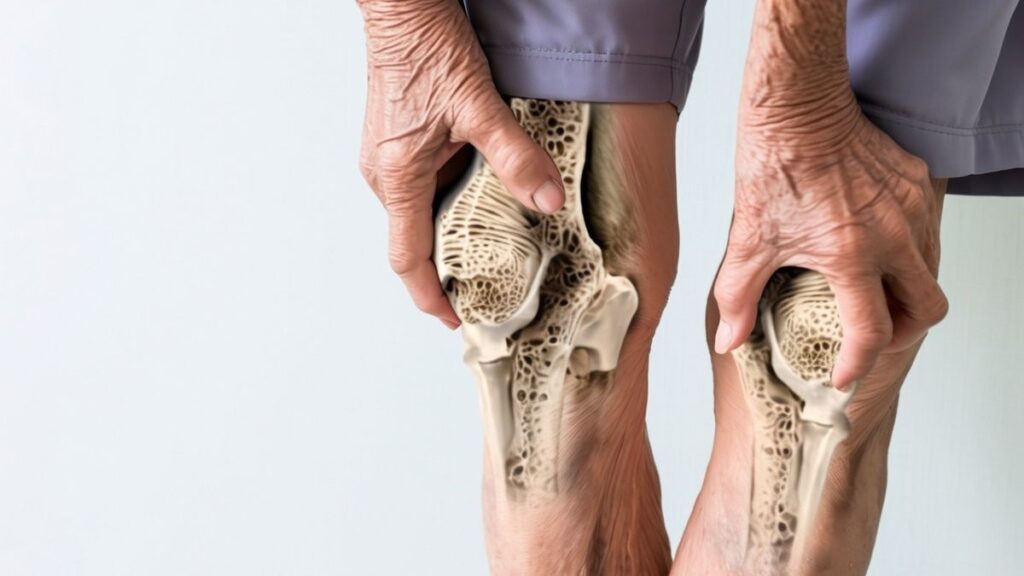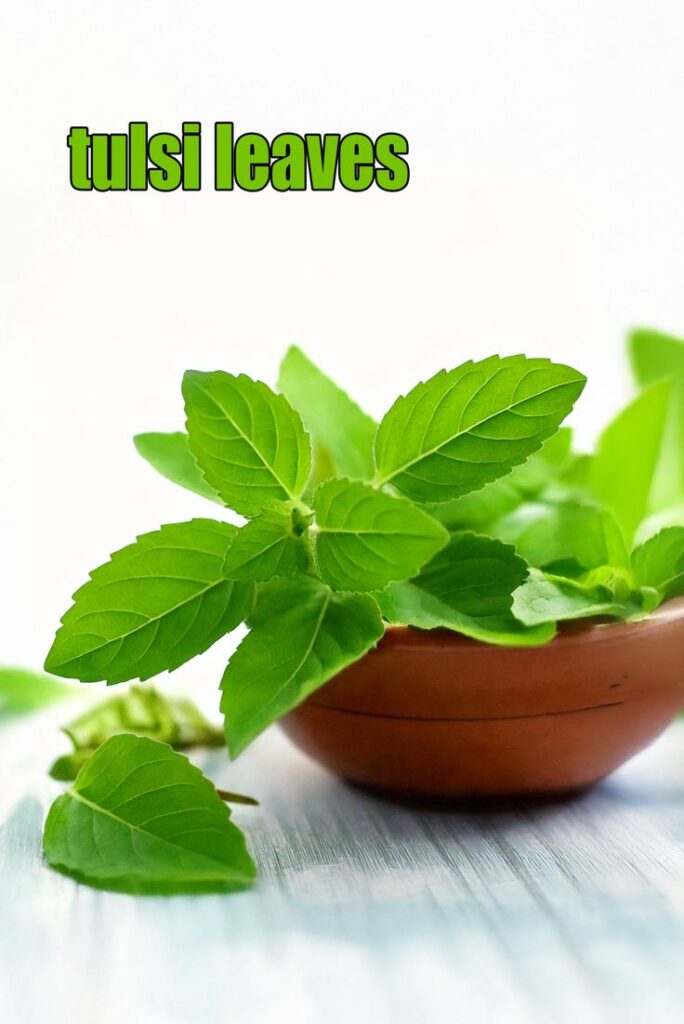Trochanteric Bursitis: Causes, Symptoms & Physiotherapy Management
Introduction Trochanteric Bursitis is a common cause of lateral hip pain, especially in adults and older individuals. It affects mobility, sleep, and daily activities due to inflammation of the bursae around the greater trochanter. Early identification and Correct physiotherapy intervention significantly decreases pain and stops chronic disability. Definition Trochanteric Bursitis is the inflammation of the …
Trochanteric Bursitis: Causes, Symptoms & Physiotherapy Management Read More »

